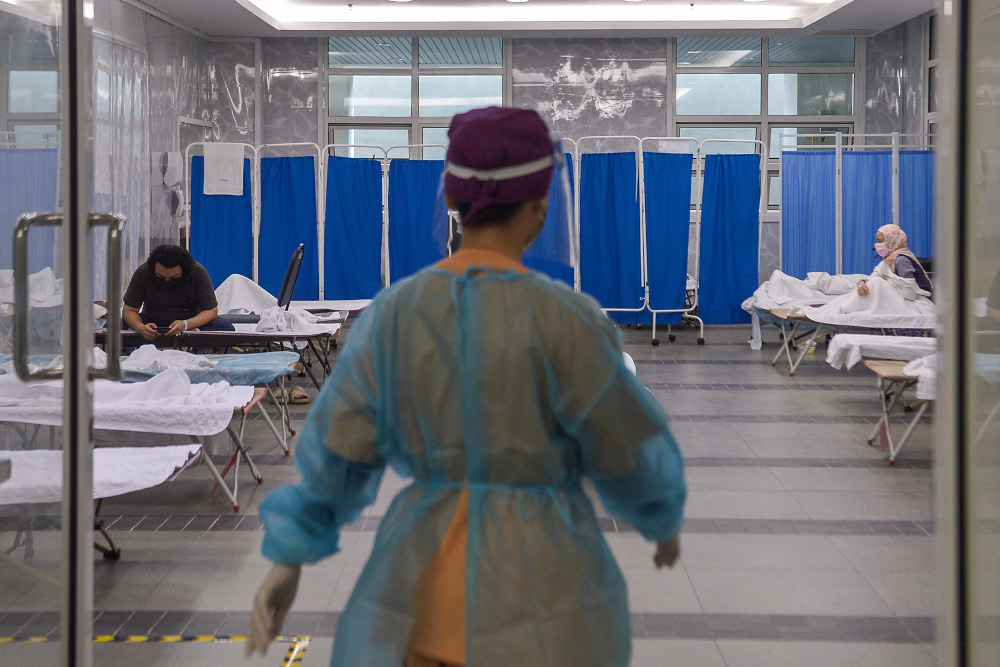KUALA LUMPUR, Oct 13 — The healthcare system reform blueprint will look into providing better social protection to all Malaysians including for informal workers, said Finance Minister Datuk Seri Tengku Zafrul Abdul Aziz today.
Speaking at the Asean Digital Generation Report forum today, Tengku Zafrul provided some insights on the study that will be undertaken by the government in designing the nation’s healthcare reform.
“We are looking at financial protection, so we want to encourage Malaysians including the middle class to purchase health insurance, to finance health care expenses and looking to incentivise this via review on the income tax relief on health and life.
“We also need to look at social protection. So social protection schemes under the various scheme in Malaysia must provide some health benefits which we want to also extend to cover informal workers,” he said.
The blueprint for Malaysia’s healthcare system reform, which was announced by Prime Minister Datuk Seri Ismail Sabri Yaakob, will be introduced as a new forward to transform the healthcare system under the 12th Malaysia Plan (2021-2025).
The study will include looking into public healthcare sector transformation, private healthcare sector regulatory reform and sustainable health financing.
Tengku Zafrul then cited Malaysia’s Voluntary National Review (VNR) 2021 report, the public healthcare system subsidises up to 98 per cent of the healthcare cost, with more than 70 per cent of the population depending on the public healthcare system.
Malaysia has also steadily increased its expenditure in public healthcare in the past 10 years, from RM33 billion or 4 per cent of the nation’s GDP to 4.3 per cent in 2019, or RM64 billion.
For this year, Malaysia’s expenditure on public healthcare is expected to hit 5 per cent of the GDP or RM72.7 billion
Commenting on the regional response to the Covid-19 pandemic, Tengku Zafrul said Asean nations must pool their resources together to better prepare for future pandemics.
“We also need to look at Asean, the region also needs to spend more on public healthcare. At the moment the average spending on healthcare is only about four per cent of the GDP.
“This is still below the OECD (Organisation for Economic Cooperation and Development) average of 10 to 12 per cent. So, we need to stimulate these investments, we must commit to healthcare spending and improve public healthcare partnership and combine this with technology, the possibilities in health tech are limitless.
“As the virus progresses from pandemic to endemic, we must increase our preparedness for future pandemics including through Asean resource pooling.
“So Covid-19 has exposed Asean inability to coordinate an effective response so we need to invest for example in regional diseases centres, R&D (research and development) for vaccines and a better understanding of communicable diseases, among other things,” he said.



















